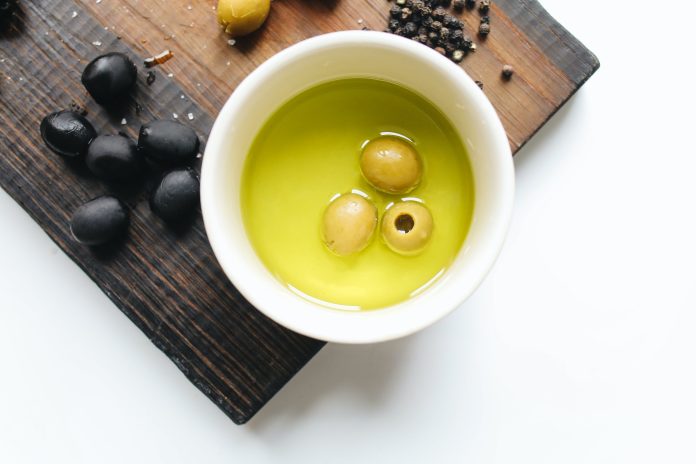In a groundbreaking study set for publication in 2024, researchers have unveiled the previously elusive molecular and cellular mechanisms by which polyphenols, present in extra virgin olive oil, exert their positive effects on cardiometabolic health and obesity.
The Power of Polyphenols
Polyphenols have long been recognised for their potential to mitigate the detrimental impacts of chronic inflammatory diseases. However, until now, the precise biological pathways through which they achieved these outcomes remained shrouded in mystery. A key revelation of this study is that polyphenols wield the power to significantly influence gene expression profiles in metabolically active tissues, offering new hope for combatting insulin resistance.
The Link Between Inflammation and Cardiometabolic Disorders
Prior investigations by Italian scientists had identified systemic inflammation and mitochondrial dysfunction as pivotal factors connecting fat accumulation to cardiometabolic disorders like obesity and diabetes. While it was widely hypothesised that the antioxidant properties of polyphenols played a central role in countering inflammation, direct evidence remained elusive.
The Quest for Molecular Clarity
To unravel the enigma of extra virgin olive oil’s health benefits, the Carapelli Nutritional Institute partnered with Italian researchers. Their objective was to decipher the molecular and cellular mechanisms underlying the positive effects of olive oil consumption. Of particular interest were the roles of various olive oil components, including polyphenols, lipid derivatives like squalene and tocopherols, and monounsaturated fatty acids.
Experimental Design and Insights
The study, led by Enzo Nisoli from the University of Milan, employed mice divided into five groups, each receiving a distinct diet. The control group consumed a low-fat chow diet, while the other groups received diets with 40% of calories from fat. These diets included lard, polyphenol-enriched extra virgin olive oil (EVO Pol+), polyphenol-deprived extra virgin olive oil (EVO Pol-), and hazelnut oil with tocopherol.
All groups had controlled calorie intake and exercise levels. After an extensive experiment, researchers analysed glucose regulation and extracted adipose tissue from various regions.
Crucial Findings and Implications:
The study yielded several noteworthy findings:
Additionally, the analysis of RNA sequencing unveiled unique patterns of gene expression. Notably, polyphenols played a crucial part in reversing alterations in genes associated with obesity, mitigating inflammation, and diminishing oxidative stress. These findings indicate that extra virgin olive oil enriched with polyphenols can effectively combat insulin resistance.
Challenges and Future Prospects
Despite these promising findings, challenges remain, such as understanding the differing effects of olive oil and polyphenol consumption on gut microbiota in mice and humans. Researchers acknowledge that further investigations are required to unveil the complete picture of how extra virgin olive oil influences the molecular mechanisms underpinning cardiometabolic diseases.
In summary, the 2024 study has shed light on the molecular and cellular magic of polyphenols in extra virgin olive oil. These compounds emerge as potent influencers of gene expression, combatting inflammation and oxidative stress while enhancing insulin sensitivity. While the journey towards full comprehension continues, this research marks a significant step towards harnessing the power of olive oil to combat cardiometabolic disease and obesity.

